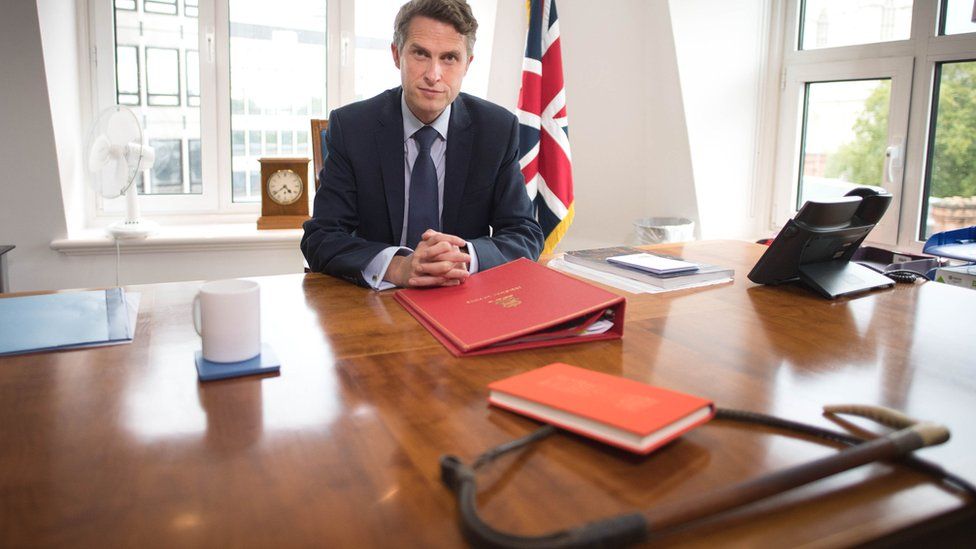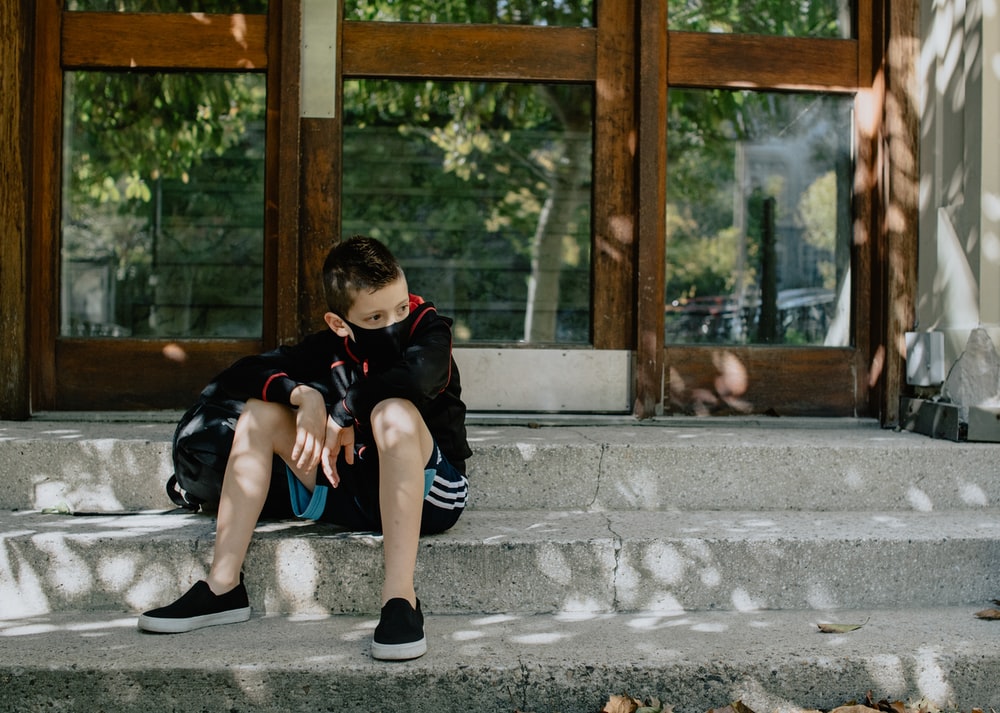2020 saw tensions come to a head between teachers and the government, and this January has not looked any more promising. Jess Tait explores the decline of teachers’ trust in the Department of Education.
The beginning of 2021 has not seen successful new year resolutions between headteachers and the Department for Education. In the first two weeks of January there have already been government U-turns, increasing tensions and unanswered questions from schools, fuelling the already potent hostility that arose in 2020 regarding education. To make matters more striking, a new survey by campaign group Worth Less? has found that only 1% of teachers are confident in the Department of Education’s decision-making, with 52% stating that they have no confidence in the government Department at all.
The relationship between headteachers and government was left on a strained note in the final month of last year, when the government threatened legal action against councils that stated their intention to close schools before the end of term due to rising rates of coronavirus infection in the area.
Greenwich and Islington council, for instance, were both forced to backtrack on their plans to close the schools in the area due to the threat of a court injunction by the government. This caused much anger and hostility, with the Joint General Secretary of the National Education Union, Mary Bousted, declaring the threat as “a desperate move from the government ministers who have lost the plot.” Clare Coghill, leader of the Waltham Forest Council, also expressed disappointment in the government, particularly when “teachers, pupils and parents have made extraordinary efforts to ensure education continues through a once-in-a-lifetime-crisis.”
The government insisted that all schools must stay open, and had stated that they will stay open in the new year. On the view of the Department of Education, this demand seemed to be based on two related reasons.
On Christmas Day 1 in 40 primary pupils and 1 in 28 high school pupils had the virus.
As summarised by the Secretary of State for Education, Gavin Williamson, the first reason being “the continuity of education is a national priority.” This is particularly the case for those pupils who do not have adequate study space or support at home, or any other reason that could mean that they are unable to access the necessary quality of education needed for online education.
The other justification follows the continued claim by the government that neither pupils nor teachers are more at risk than anyone else of the infection. In fact, Chris Witty has continued to claim that “children are at much lower risk of this virus than others.” Furthermore, with regard to staff, many government ministers have referenced the Office of National Statistics and its report, following evidence from the 2nd of September to the 16th of October 2020, which claimed that there is no evidence of higher rates of COVID-19 in teachers than any other key workers or other professionals.
Further, on the 15th of December, the government announced plans for mass testing in schools for which they must prepare for. These plans have since been withdrawn, but schools and colleges had been told to organise space and storage for the tests as well as the cleaning of this dedicated area.
Due to this government insistence, hostility from headteachers and schools gathered pace when the government decided that schools would be moved back online in January 2021 due to the rising infection and new coronavirus variant. Such a move seemed to have undermined both the claim that face-to-face education must continue for those pupils in worse-off situations, and that the virus is not significant in schools, previously used against councils in the threat of legal action. This U-turn is particularly controversial now with the recent suggestion by Boris Johnson that schools in England may not reopen after the February half-term.
Additionally, recent evidence published by the Office for National Statistics has led to an outcry from teachers’ unions and public alike. Such evidence showed, for example, that on Christmas Day 1 in 40 primary pupils and 1 in 28 high school pupils had the virus. In London, where Greenwich and Islington are both Boroughs of, this increased to 1 in 23 primary pupils and 1 in 18 high school pupils.
Kevin Courtney, Joint General Secretary of the National Education Union, has stated that this “should be very worrying to the Government”, and teachers’ union NASUWT has said that this evidence ultimately shows the significant risk for those working in education. In spite of this, on the 11th of January, Chris Witty reinforced his claim that there is no greater risk for those in education.
91% of headteachers support the government’s announcement that exams for students this year will be cancelled and grades will be determined by teacher assessment.
Following the evidence that unions claims has shown the significant risk of coronavirus to teachers, the newest area of contention seems to have arisen – namely, the debate between headteachers and the government regarding vaccines for teachers, with a Teachers’ Union campaign, #Vaccinate2Educate, having emerged. This campaign aims for teachers to be included on the vaccination priority list, and a parliamentary petition entitled “Prioritise teachers, school and childcare staff for Covid-19 vaccinations,” currently has over 47,000 signatures.
If the government continues to stick to the claim that there is not a heightened risk, and unions and head teachers continue to stick to the claim that there is, there is little hope that this relationship will be amended any time soon.
Despite this, there is some agreement between headteachers and the Department for Education. For instance, the survey by Worth Less? shows that 91% of headteachers support the government’s announcement that exams for students this year will be cancelled and grades will be determined by teacher assessment.

However, 92% of headteachers agreed that “comprehensive contingency plans for alternative grading systems should already have been set out by the Department for Education.”
The message that they both agree on is that education is important, and so is health and safety. However, this foundation does not seem to bring them together.
This is likely to be influenced by the serious problems regarding examination grading in 2020, dubbed the exam ‘fiasco’. Such a period of time saw allegations of classism, as results were initially based off of teacher’s predictions as well as the school’s previous examination results. This saw pupils from disadvantaged backgrounds, including BAME students and those from low-income households, most likely to be downgraded. Following this outcry, the government made a U-turn decision on August 17th 2020 and A-level and GCSE results in England were based on teacher-assessed grades exclusively.
Thus, with the support of headteachers also comes caution in how the government will handle the grading system this year. At the moment, it seems fairly positive, with the Department for Education and Ofqual in talks over the details of the grading in order to make it as fair as possible.
Overall, the relationship between headteachers and the Department of Education is facing yet another tense year. The message that they both agree on is that education is important, and so is health and safety. However, this foundation does not seem to bring them together, and the rolling out of the vaccination and the exam grading in the summer seems to be the next phase in testing the strength of the relationship between the two.
Header image credit: Kelly Sikkema/ unsplash

